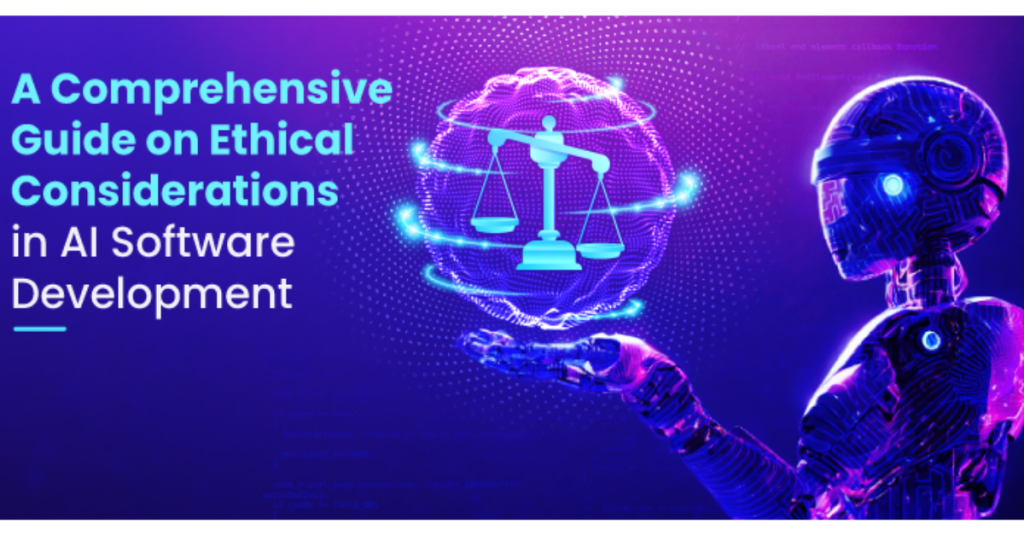
Introduction: The rapid advancement of AI technologies like ChatGPT brings significant benefits but also raises critical ethical considerations. Ensuring fairness and accountability in AI development is essential to mitigate potential harms and maximize positive impacts. As AI technologies like ChatGPT continue to evolve, it is crucial to address the ethical implications of their development and deployment. Ensuring fairness involves preventing biases in AI outputs, while accountability demands transparent and responsible AI practices.
Fairness in AI
- Bias Mitigation: AI systems can inadvertently perpetuate biases present in their training data. Developers must implement strategies to identify and reduce these biases, ensuring that AI outputs do not discriminate against any group.
- Inclusive Data: Using diverse datasets for training AI models can help produce more equitable outcomes. It’s crucial to represent various demographics, languages, and perspectives to prevent systemic biases.
Accountability in AI
- Transparency: Clear documentation of AI development processes and decision-making frameworks is essential for accountability. This transparency allows stakeholders to understand how AI systems function and make informed decisions about their use.
- Responsibility: Developers and organizations must take responsibility for the impacts of their AI systems. This includes addressing unintended consequences and continuously monitoring AI performance to ensure ethical standards are maintained.
Implementing Ethical AI Practices
- Ethical Guidelines: Establishing comprehensive ethical guidelines for AI development can help ensure that all stakeholders adhere to shared principles of fairness and accountability.
- Stakeholder Engagement: Involving a diverse group of stakeholders in the AI development process can provide valuable insights and help address potential ethical issues from multiple perspectives.
- Regular Audits: Conducting regular ethical audits of AI systems can help identify and address potential biases and other ethical concerns, ensuring ongoing compliance with ethical standards.
Ensuring Fairness
- Bias Mitigation: AI systems can inherit biases present in training data. It’s essential to implement rigorous testing and use diverse datasets to minimize these biases.
- Inclusive Design: Involving diverse teams in the development process helps create AI systems that consider a wide range of perspectives and needs.
Privacy Concerns
Protecting user data is critical. Implementing robust data encryption and strict access controls ensures that personal information remains confidential and secure.
Long-term Impact
AI developers must consider the long-term societal impacts of their technologies. This includes addressing potential job displacement due to automation and ensuring AI systems enhance human capabilities rather than replace them.
Conclusion
Ensuring fairness and accountability in AI development is crucial for building trust and maximizing the benefits of AI technologies like ChatGPT. By addressing biases, maintaining transparency, and taking responsibility for AI impacts, developers can create more ethical and equitable AI systems. As AI continues to evolve, ongoing commitment to ethical practices will be essential in navigating the complex landscape of AI ethics.

